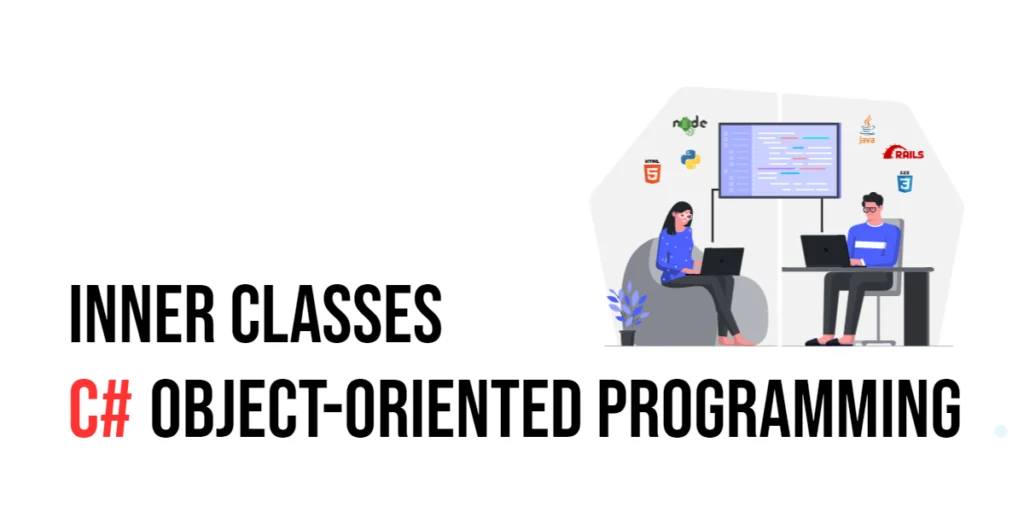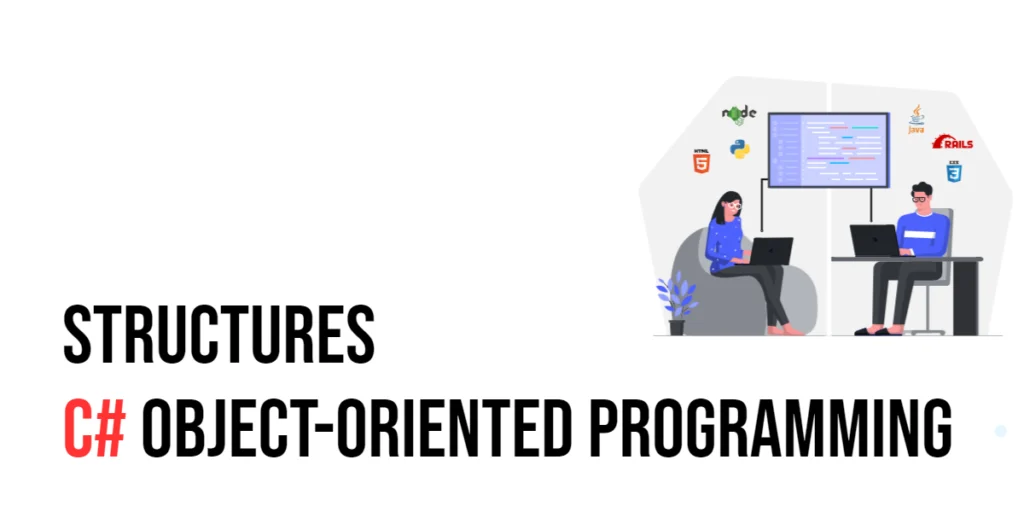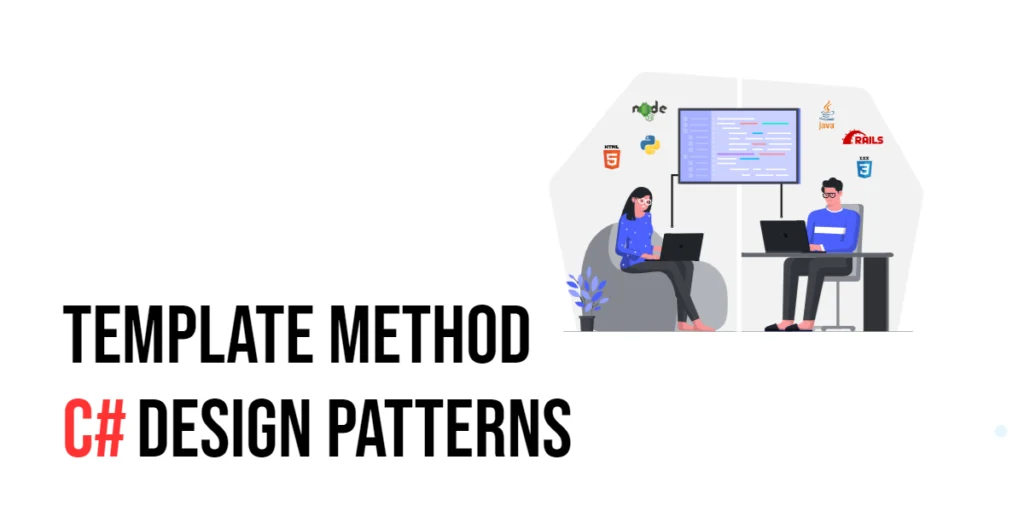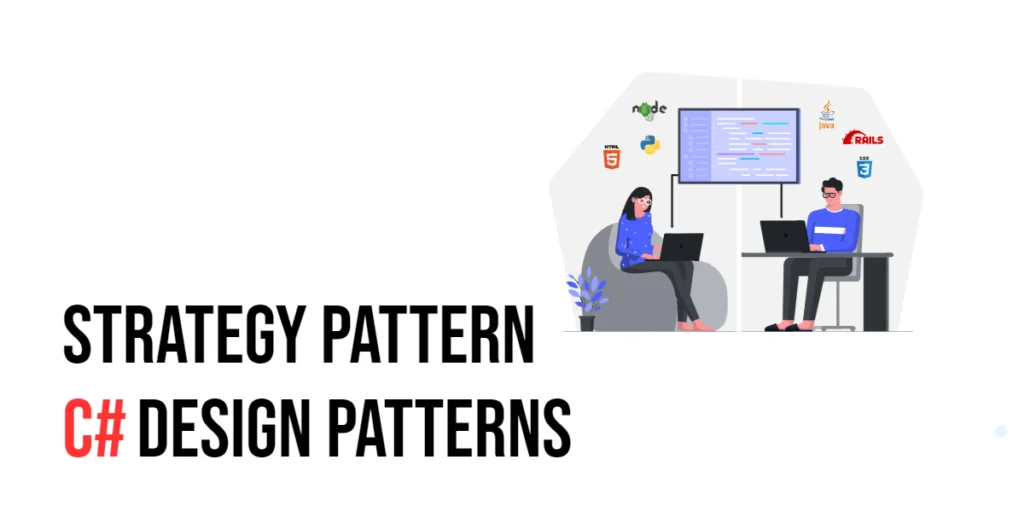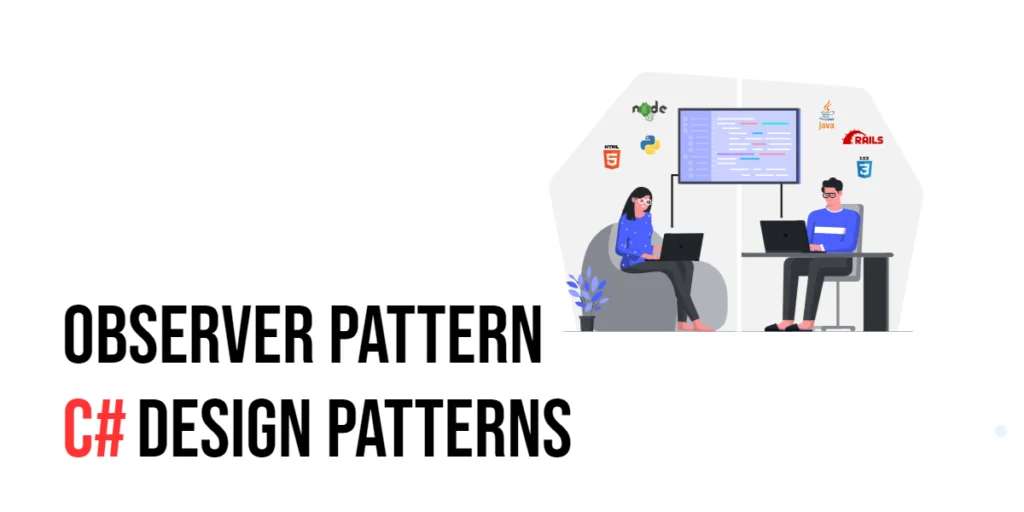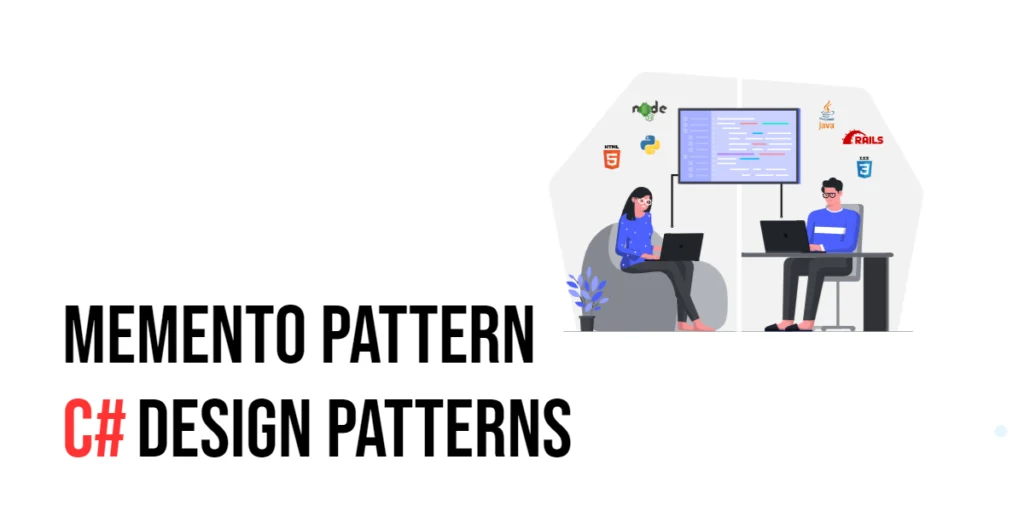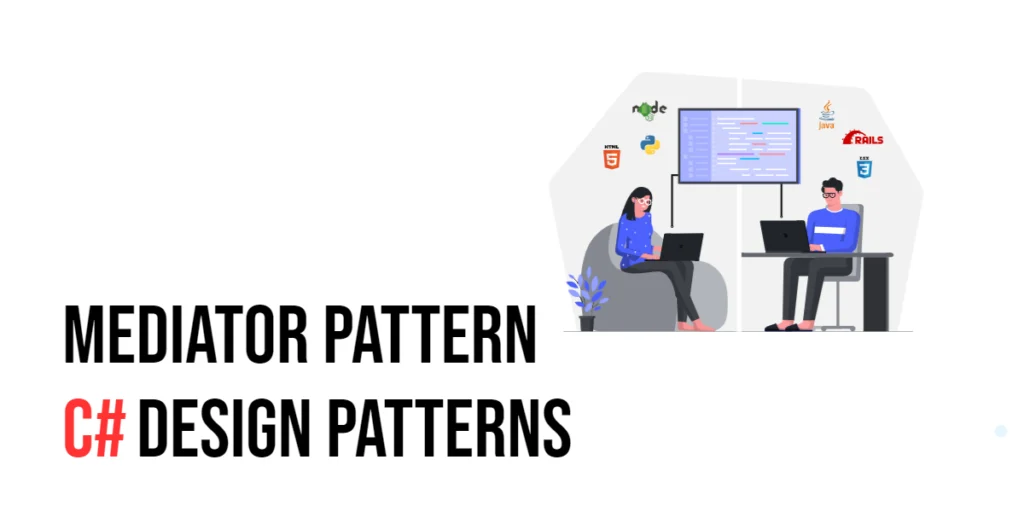C# Program to Implement Selection Sort
Sorting is a fundamental concept in programming, and Selection Sort is one of the easiest algorithms to understand. Unlike Bubble Sort, which repeatedly swaps adjacent elements, Selection Sort works by selecting the smallest (or largest) element from the unsorted part of the array and moving it to the correct position. This step-by-step approach makes it […]
C# Program to Implement Selection Sort Read More »

